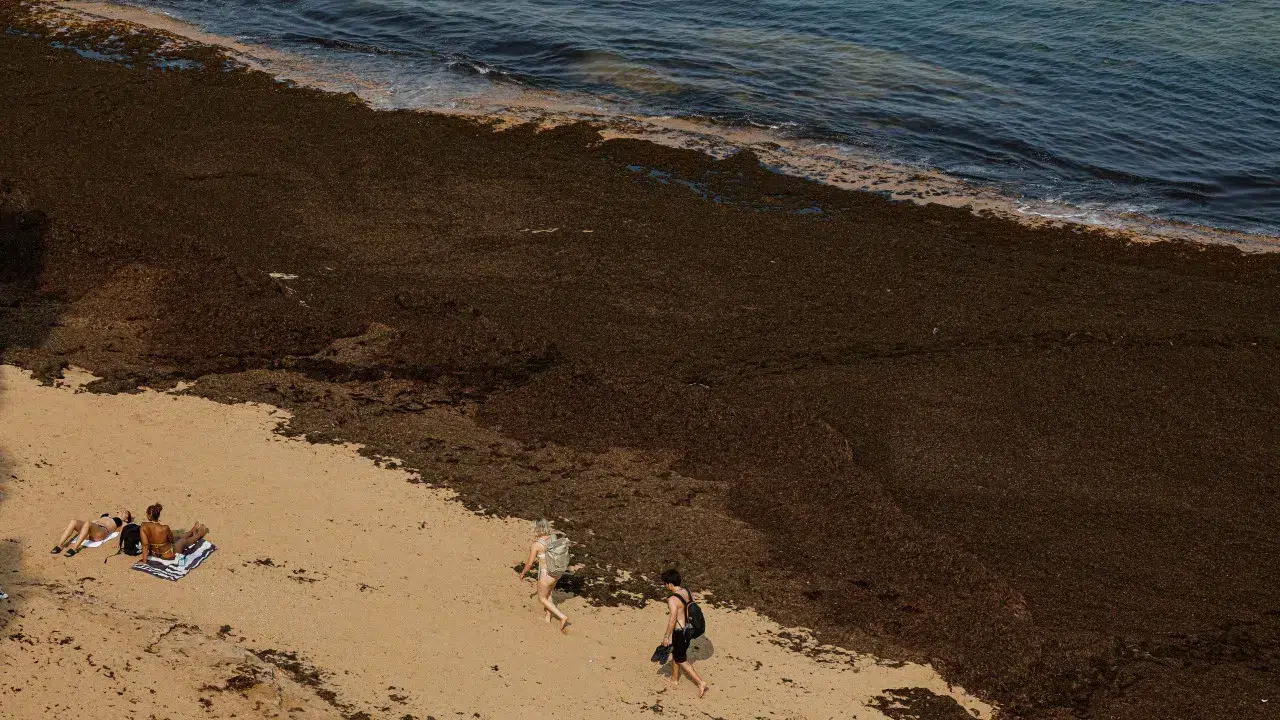
An exotic species of Asian origin is spreading alarmingly along the Portuguese coast, particularly affecting the Algarve and Cascais areas, as stated in a joint communiqué from the Ministry of Environment and Energy and the Ministry of Agriculture and Sea.
The communiqué outlines an action plan, detailed in a joint ministerial ordinance, which includes measures for monitoring, operational response, biomass valorization, scientific research, and institutional coordination. The aim is to mitigate the ecological, social, and economic impacts.
Among the proposed measures are the removal of the algae in critical areas, studying its potential for industrial or agricultural use, mobilizing regional rapid response teams, and creating a national database with georeferenced records of the species’ evolution.
“Responding to this phenomenon requires coordinated action across all levels of governance and involved sectors. We are acting based on the best available scientific evidence to protect our coastline and ensure that fishing communities, tourism, and ecosystems are not endangered,” stated Maria da Graça Carvalho, Minister of Environment and Energy, in the communiqué.
The Minister of Agriculture and Sea, José Manuel Fernandes, emphasized that “the Government has been closely monitoring the rapid proliferation of the algae, which requires a swift, determined, and technically substantiated response.”
“It is crucial to involve fishing communities, local economic agents, and municipalities of the most affected regions from the outset, promoting concrete solutions for the territory and ensuring the sustainable valorization of this biomass,” he added.
The strategy will be developed by an inter-institutional working group, coordinated by the Portuguese Environment Agency, involving scientific, municipal, and maritime sector entities.




